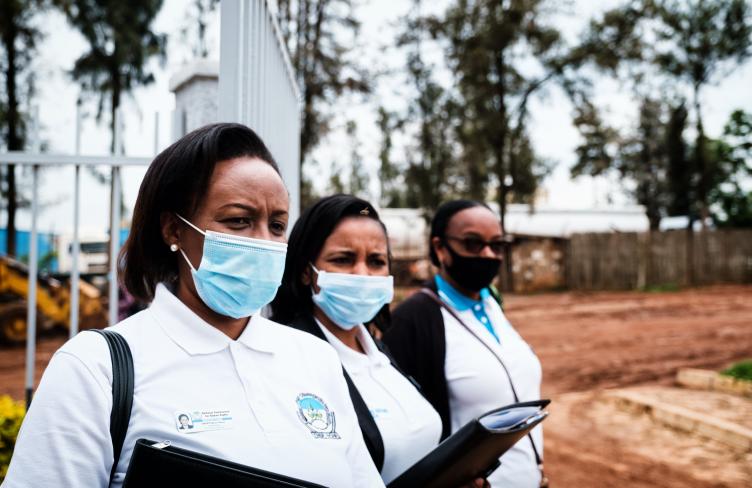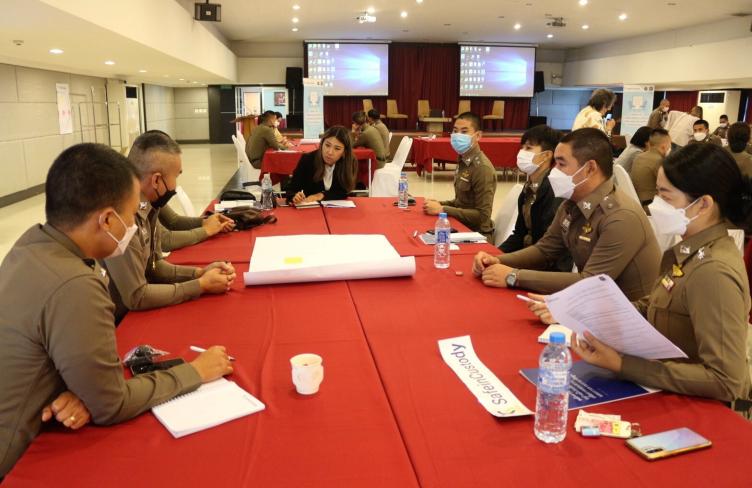Developing the most appropriate National Preventive Mechanism (NPM) that would suit the South African context is part of the ratification strategy that the inter-ministerial team has shared with the APT.
During the last few years, the APT has been in the privileged position of working closely with the South African authorities who are in charge of the ratification and the implementation of the OPCAT. In particular, the APT was invited in August 2011 by the Department of Justice and Constitutional Affairs to offer technical support to the inter-ministerial team that has been established with the aim of speeding up the ratification process while at the same time reflecting on ways and means of effective implementation.
Therefore, a working meeting of the inter-ministerial OPCAT task team was organized on 4 August 2011, when the APT had the opportunity to discuss with members of the team which model of NPM would be the most appropriate in the South African context. The wish of the South African government is in fact to arrive at the ratification with already a clear action plan in place on how to fulfill the obligations deriving from the OPCAT ratification.
As South Africa is a large and decentralized country, the issue of how to ensure frequent visits to all places of detention was at the core of the discussions. The idea of a decentralized NPM was therefore raised and particular attention was paid to some crucial issues such as coordination between different arms of the NPM, cooperation with civil society organizations and other oversight institutions (South Africa Human Rights Commission, Independent Complaints Directorate, Judicial Inspectorate of Prisons, etc.).
Monitoring private institutions such as private schools and private drug rehabilitation centers, but also institutions under the control of the Department of Defense emerged as one of the most challenging issues.
The APT is now supporting the South African authorities in further developing the model, notably through the organization of an inclusive national consultation with all relevant stakeholders. It is also helping the Department of Justice in elaborating strategic arguments for ratification to be submitted with a Cabinet Memorandum.
It is important to recall that South Africa has been one of the very active countries in the negotiating and drafting process of the OPCAT before signing it in 2006, the year of its entry into force. The APT thus calls on the Government of South Africa to uphold the memory of Robben Island and ratify the OPCAT now.



